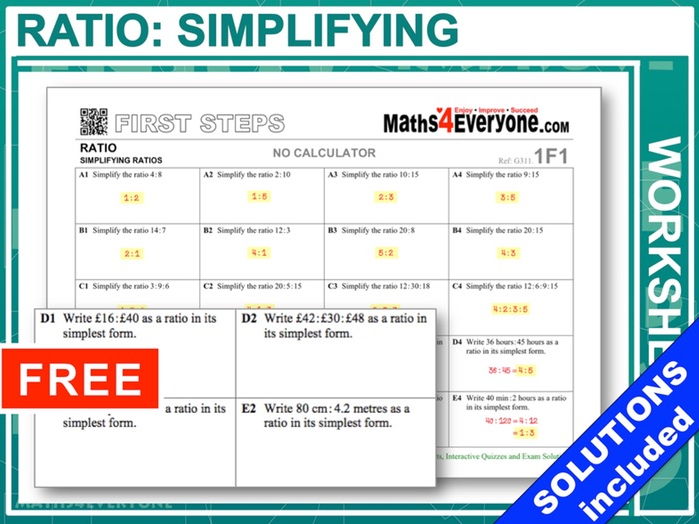David Morse's Resources
I regularly upload resources that I have created during 30 years as a teacher. Most of these are maths, but there are some ICT/Computing and Tutor Time activities. All of the resources are my own and are not available from third-parties. The resources have been tweaked over time and I have had many happy lessons and shed-loads of happy and successful students. At the end of 2017 the TES announced that I was the most downloaded new author and in 2018 another 2 million were added to the count.
























